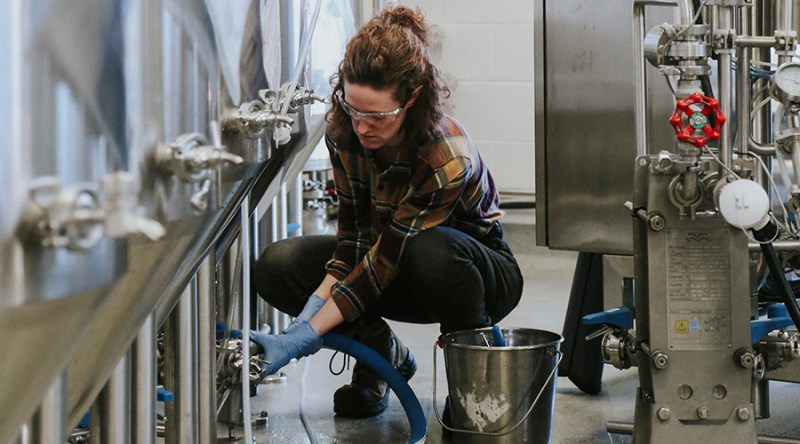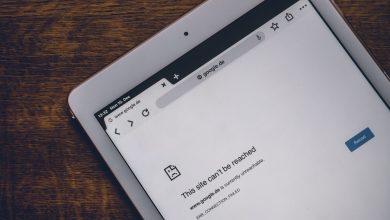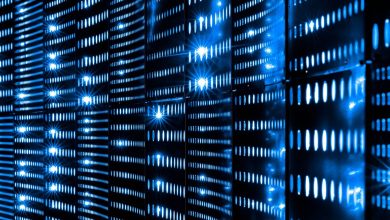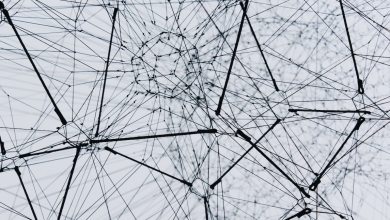Imagine a future where students have access to the best educational resources in the world from their classrooms or even from their homes, instructed by the best educators no matter where they are. It is not difficult to imagine because that is already happening.
Noam Chomsky, one of the most relevant experts in linguistics, says that “teaching should not be compared to filling a bottle with water but rather to helping a flower to grow in its own way”.
The term Digital Educational is an umbrella that includes different initiatives that follow the chomskian idea we just mentioned. One of the biggest, yet most imperceptible, revolutions of our time is the transformation of our educational systems. Dated knowledge transfer methods are proving to be obsolete or at least very limited in several aspects.
University of La Rioja Professor Raúl Santiago, a specialist in education, already described the problem in 2012 “it is very difficult to provide an alternative educational system for the future. 5-6 year-old children will probably study a college degree that does not exist yet; in fact their future job may not even exist either. In this age, everything we used to take for granted is being rethought”. According to Santiago, this affects the way educational centres (primary, middle and high schools, as well as universities) are organized and their ultimate purpose. Santiago is an editor at The Flipped Classroom, a website that advocates for educational transformation to meet the social and cultural demands of the twenty-first century.
The moment we first heard about digital natives seems far way. Many of the Millennials reading this may believe they are part of these digital natives when the actually are not. The truth is that current children and teenagers are the first purely native generation in terms of embracing technology. Many of these individuals will regard paper, drawing instruments, rulers, paper books and even hand writing not as primary tools but just another way of getting things done (and some of these elements will receive a marginal use at best in the future).
The Telefónica Foundation organizes the Disruptive Education School, in Spain and Latin America, focused on catalysing a paradigm change in education. Telefónica Educación Digital (previously Telefónica Learning Services or TLS) is focused on developing end-to-end projects in the areas of culture, corporate training and education to deliver turnkey solutions for governments, companies and educational centres that manage the educational resources. This allows using connected services such as augmented reality, online content, collaborative work, etc. Educational professionals (many of whom are currently involved in reinventing the concept of schools) and give them tools to focus on improving cognitive development and multiple intelligence of their students.
Technology leaders such as Samsung, Apple, Cisco, or Intel all have educational divisions in their companies, proving that educational disruption is here to stay and has great potential. The UK is once again driving technological advancement, legislating to include in the new national curriculum technology related competencies, such as use of sensors, data logging, basic knowledge in electronics as core skills to be acquired by children. Some companies in fact are manufacturing connected devices designed for educational purposes mainly (from Raspberry Po for programming to weather stations, robot or drone kits and multipurpose sensors).
We must also point out that educational centres are ideal spaces to implement m2m and IoT connected technology such as access control, implementing indoor geolocation, smart lighting and other less obvious uses, such as energy efficiency or to integrate Smart Metering and the Smart Grid.
When we talk about tangible benefits of technological disruption we measure them in terms of unspent euros, the level of automation achieved or the amount of saved resources. The Internet of Learning achieves much more because the benefits are all focused on our most valued assets: the future generations.






